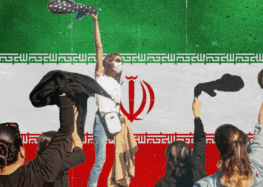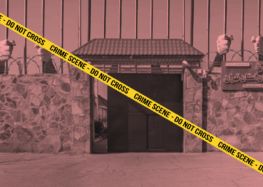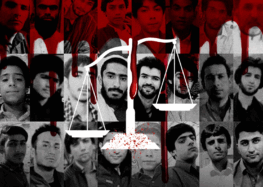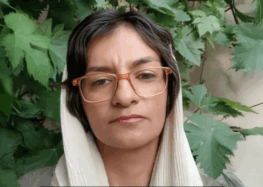American Hikers’ Lawyer: My Clients Are Not Spies
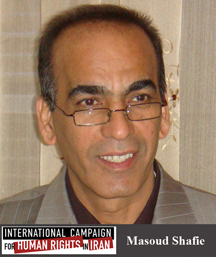 While Iran’s Minister of Intelligence announced on Thursday that definitive evidence exists that the three imprisoned American hikers were cooperating with US intelligence organizations, promising to share the evidence with the media, their lawyer told the International Campaign for Human Rights in Iran that the only evidence in his clients’ file is their illegal border crossing, and charges of espionage are unfounded.
While Iran’s Minister of Intelligence announced on Thursday that definitive evidence exists that the three imprisoned American hikers were cooperating with US intelligence organizations, promising to share the evidence with the media, their lawyer told the International Campaign for Human Rights in Iran that the only evidence in his clients’ file is their illegal border crossing, and charges of espionage are unfounded.
Refuting charges such as espionage in his clients’ case, Massoud Shafie told the Campaign: “I have spoken with the case judge and the charge in the case is specifically “illegal border crossing.” We do not have any new laws for illegal border crossing and therefore, the old process will have to be observed in which a cash penalty is stipulated.” Shafie also said that it is very rare that an individual receives imprisonment as punishment for illegal entry. He added: “Only if the issue [of illegal border crossing] is related to another charge, may it receive imprisonment as punishment, and usually, such issues are dealt with through cash penalties. But the main point here is that the charge of espionage is being used inappropriately in this case. Illegal crossing is punished by cash penalties.”
Referring to earlier statements of Mahmoud Ahmadinejad regarding the exchange of the three prisoners with Iranian prisoners in the US, the lawyer for the three American hikers said: “The specific charge made against my clients is illegal border crossing and entry into Iran. But some authorities call these individuals spies and Mr. Ahmadinejad mentioned an exchange once. In response to this charge, I said that a prisoner exchange must take place where those in the equation have the same weight. In other words, it may be announced that those in our prison are spies, meaning that we would like to exchange three spies for three other spies. This does not have a positive connotation as it conveys hostage taking.”
Shafie said: “I am proud to represent this case, as three perfectly ordinary Americans from three different states have hired an Iranian lawyer, meaning that they respect the Iranian Judiciary. But the Iranian Judiciary does not care at all.” Shafie added: “With followups and emphatic requests, my clients were able to talk to their families after eight months. But the judicial authorities continue to deny visitation rights for them.”
Comparing the situation of the three imprisoned Americans and an Iranian recently arrested in Italy, Shafie said: “The question they ask me, and which remains a question for myself as well, is why could the Iranian reporter who was arrested in Italy, regardless of his charges, meet with his attorney within two or three days, have visits with his family, and was allowed access to Iranian Consulate? When families [of the detained Americans] ask me this question, I have no answer for them.” Criticizing the Judiciary’s lack of accountability in this case, Shafie said: “When the Swiss Embassy representing the US interests cannot have access to the prisoners, and they count on me for this, it is so disappointing to me when I am unable to help. They see that I am portrayed as a prominent and independent lawyer and I cannot deliver neither prominence nor independence because of the Judiciary’s lack of accountability.”
On July 31, 2009, Shane Bauer, 27; Sarah Shourd, 31; and Josh Fattal, 27, were arrested when they crossed the Iranian border while they were hiking in Kurdistan, Iraq mountains. Since their arrest, their families have been unable to have any contact with them. Their lawyer, Massoud Shafie, who had received a written authorization from Tehran Prosecutor to meet his clients, has faced closed doors of judicial authorities and has not been allowed to visit his clients.
Click here for accessing the Web site set up by the three hikers’ families.



